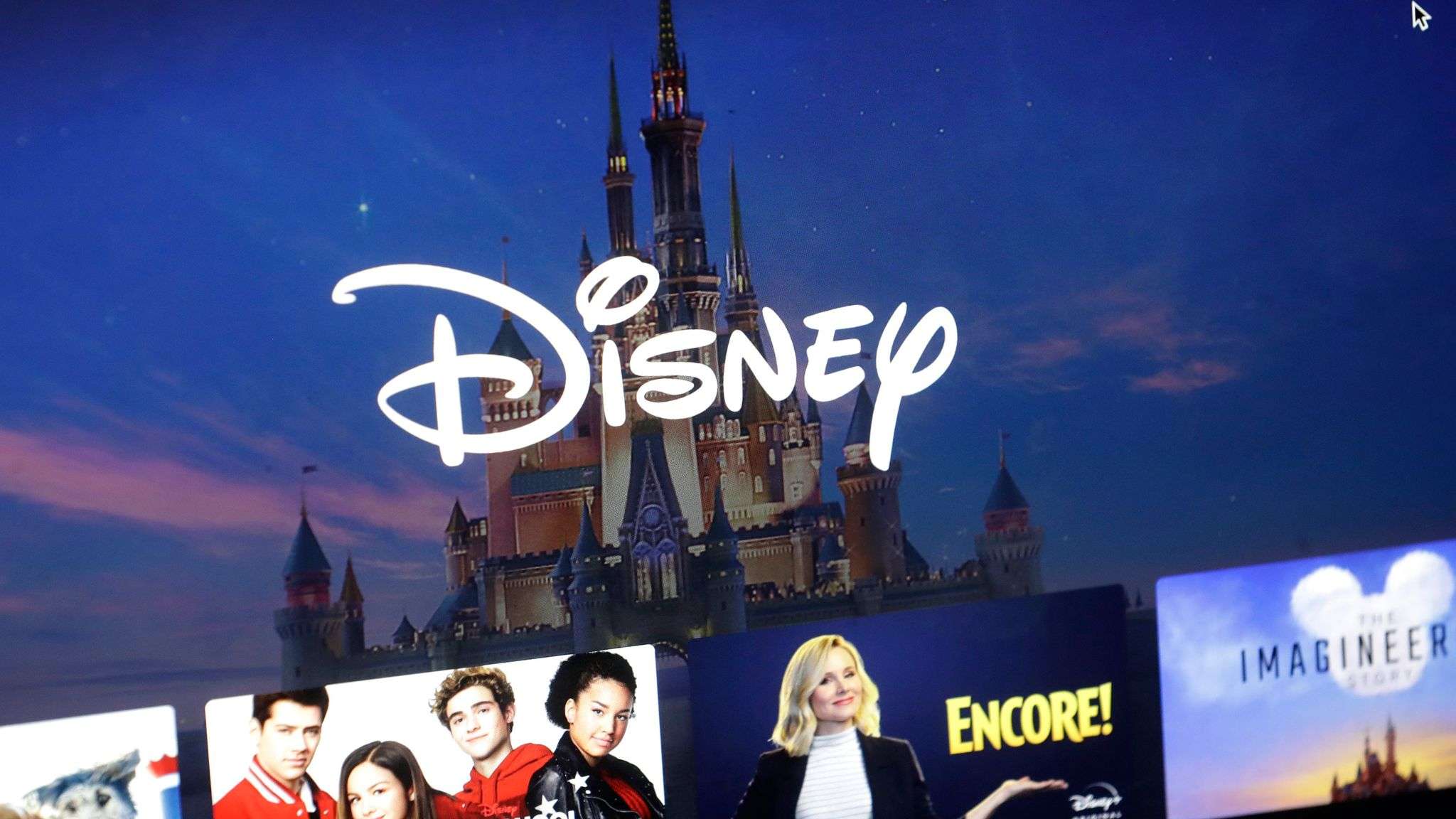In an unexpected twist in a wrongful death lawsuit, Disney is arguing that a husband cannot sue the company over his wife’s death because he agreed not to when he signed up for a Disney+ trial. Jeffrey Piccolo, the husband in question, claims that his wife died as a result of an allergic reaction after consuming food at a pub located on a Disney property. According to Piccolo, the couple had been “guaranteed” that the meal would contain no allergens, a promise that tragically went unmet.
The incident occurred when the Piccolos dined at the Disney-affiliated establishment, where Piccolo’s wife, who had a severe food allergy, was assured that her meal was safe to consume. Despite these assurances, she suffered a fatal allergic reaction. Piccolo is now suing Disney for wrongful death, alleging negligence on the part of the company and its employees.
However, Disney’s defense in the case hinges on an entirely different matter: a Disney+ trial subscription that Piccolo had signed up for in 2019. The company argues that when Piccolo agreed to the terms and conditions of the Disney+ streaming service, he unwittingly signed away his right to sue the company in cases like this one. Disney contends that the terms of service included an arbitration agreement and a waiver of the right to bring a lawsuit in court. This clause, Disney argues, extends to any and all claims Piccolo might have against the company, including those unrelated to the streaming service itself.
This legal argument has raised eyebrows, as it hinges on the assertion that a consumer contract related to an entertainment service could potentially limit one’s ability to seek legal recourse in entirely unrelated matters, such as a wrongful death case. Legal experts have weighed in on the unusual nature of the defense, noting that while arbitration clauses and waivers of this kind are not uncommon in consumer contracts, their application to such a serious and unrelated matter is highly unusual and likely to be challenged in court.
The outcome of this case could have significant implications for consumer rights and the enforceability of arbitration agreements in situations where the connection between the service contract and the alleged harm is tenuous at best. If Disney’s argument prevails, it could set a precedent for companies to shield themselves from lawsuits through the fine print of unrelated service agreements, potentially affecting consumers’ ability to seek justice in a wide range of cases.
For Piccolo, the case is about holding Disney accountable for what he alleges was a preventable tragedy. The notion that his ability to do so could be nullified by a streaming service agreement is not only baffling to him but has also sparked a broader conversation about the reach and limits of arbitration clauses in consumer contracts. As the case unfolds, it is likely to draw significant attention, both for its emotional weight and for the legal principles it will test. The court’s decision could redefine the boundaries of consumer rights and corporate liability in ways that extend far beyond the specifics of this heartbreaking case.
















































